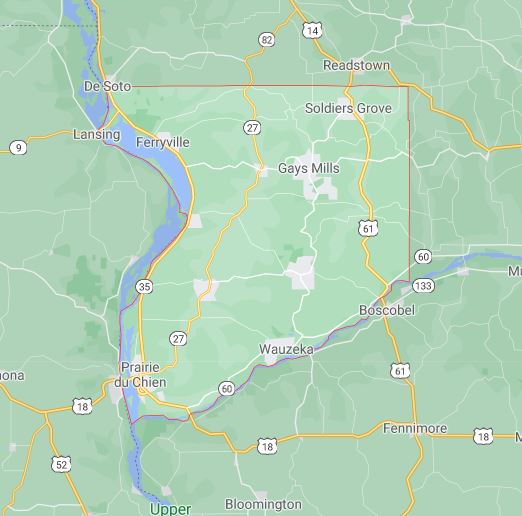By Caroline Kubzansky for WisPolitics.com
Crawford County in Wisconsin's Driftless Area has typically been a blue stalwart of southwestern Wisconsin. According to Olson Feed Service proprietor Tammy Olson, of Seneca, even conservative-leaning local candidates have run as Democrats because there was no hope of the area electing a Republican.
"I remember my first year voting -- everybody voted Democ...
Please log in to access subscriber content.
If you don't have a subscription, please contact schmies@wispolitics.com for subscription options on the WisPolitics-State Affairs platform, which is the new home for WisPolitics subscriber products.


